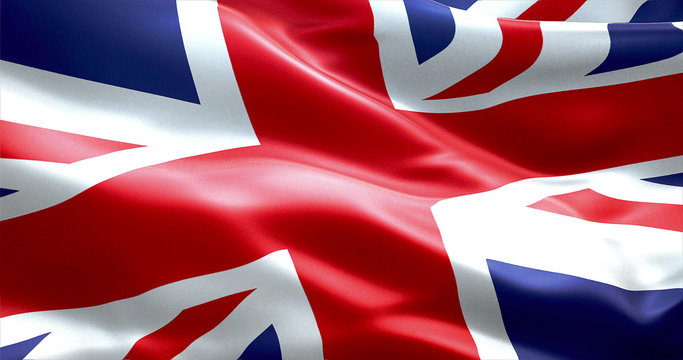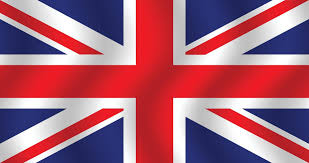
The Bank of England on Thursday cut its key interest rate by a quarter point to four percent, the lowest level in 2.5 years, as it bids to boost a UK economy threatened by US tariffs.
Alongside the expected decision, the BoE forecast British economic growth to hit 1.25 percent this year, slightly better than the central bank’s previous estimate of one percent.
“The direct impact of US tariffs is milder than feared, but more general tariff-related uncertainty still weighs on sentiment,” the BoE said in a statement after studying data gathered by UK businesses.
London and Washington reached an agreement in May to cut levies of more than 10 percent imposed by US President Donald Trump on certain UK-made items imported by the United States, notably vehicles.
The quarter-point cut on Thursday was the BoE’s fifth such reduction since starting a trimming cycle in August 2024.
“Interest rates are still on a downward path, but any future rate cuts will need to be made gradually and carefully,” its governor, Andrew Bailey, said following Thursday’s decision.
The BoE voted 5-4 for the reduction, but not before an unprecedented second vote owing to a three-way split among its nine policymakers that prevented a necessary majority result.
Initially, four members voted for the reduction and four for no change. One member called for a larger cut of 0.50 percent, before switching in favour of a quarter-point drop, as voted for by Bailey.
It was the first time since the BoE became independent of the UK government in 1997 that a second vote had to be held.
“Looking ahead, interest rates are expected to be 3.5 percent in a year, which is slightly higher than before the (latest) meeting,” noted Kathleen Brooks, research director at XTB trading group.
Expectations that the rate will remain at four percent for longer boosted the British pound.
The BoE’s main task is to keep Britain’s annual inflation rate at 2.0 percent, but the latest official data showed it had jumped unexpectedly to an 18-month high in June.
The Consumer Prices Index increased to 3.6 percent as motor fuel and food prices stayed high.
The BoE on Thursday predicted that the annual inflation rate would peak at four percent next month.
Latest official figures show that Britain’s economy unexpectedly contracted for a second month running in May, and UK unemployment is at a near four-year high of 4.7 percent.
This is largely down to Prime Minister Keir Starmer’s Labour government increasing a UK business tax from April, the same month that the country became subject to Trump’s 10-percent baseline tariff on most goods.
Finance minister Rachel Reeves welcomed the latest rate cut, saying in a statement that it helps to “bring down the cost of mortgages and loans for families and businesses”.
The US Federal Reserve last week kept interest rates unchanged, defying strong political pressure from Trump to slash borrowing costs in a bid to boost the world’s biggest economy.
Asked about US tariffs following the decision, Fed Chair Jerome Powell told a press conference: “We’re still a ways away from seeing where things settle down.”
The European Central Bank is meanwhile widely expected to keep rates unchanged at its next meeting, with eurozone inflation around the ECB’s two-percent target.
But that could change, according to some economists, based on how Trump’s tariffs affect the single-currency bloc. (Punch)

